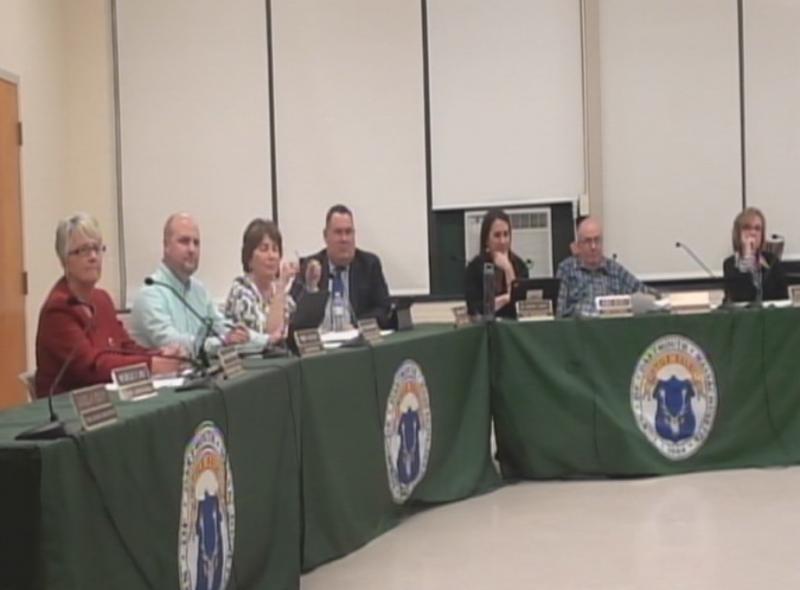MCAS 2.0: The future of standardized testing
Dartmouth educators are preparing for the latest in standardized testing -- the next generation of the state's MCAS test, called MCAS 2.0.
Superintendent Bonny Gifford was joined by faculty members at the School Committee meeting on Monday to explain and analyze Dartmouth's MCAS scores to determine if the district's teaching standards are in line with the Massachusetts Department of Elementary and Secondary Education standards. They addressed how student assessment may change as as PARCC testing, which was implemented several years ago and replaced the original MCAS test, is phased out in favor of MCAS 2.0.
The Department of Elementary and Secondary Education voted in November to abandon PARCC and continue developing MCAS 2.0. According to the School Committee, MCAS 2.0 will "utilize both MCAS and PARCC items, along with items developed specifically for the Massachusetts tests."
Gifford said standardized testing helps educators assure “equity and access to all of our students because they’re all held to the same standard," and ensure that all students are understanding the curriculum while being appropriately challenged. She noted that testing is also a useful tool to objectively measure individual students’ strengths and weaknesses.
“If we’re being measured, we might as well do well,” Gifford said.
According to teacher Tracy Oliveira, the updated MCAS test will be administered to all public schools beginning in the spring of 2017. However, while Dartmouth continues to administer PARCC testing, the district will be “held harmless” by the state for any negative changes in achievement. The "held harmless" standard has been extended until 2018.
Some instructional shifts that will be implemented will focus on assessing if students are “writing to what they’re reading about” in English, and in math, whether students are able to build upon what they’re learning from grade to grade and whether they’re fluent in the “language” of math.
Educational Technology Director Jonathan Galishaw shifted the conversation to a technological perspective. The state would like to have all standardized testing fully computerized by spring 2019. The logistics of how this work in Dartmouth, where most schools do not have a computer per child, are still being discussed.
“The computer based assessment is the future of assessment,” said Galishaw.
School Committee members expressed concern, however, about the volume of testing with which students are expected to cope.
“We’ve got to make sure these kids are getting the instruction they need, and we’re spending so much time testing the students,” School Committee Chair Chris Oliver said.
Oliveira agreed that students are subject to tremendous amounts of testing. “It’s a lot of stress, it’s a lot of time on students," she said, noting that testing also burdens whole families.
She suggested that educators explain to students that the tests are not designed to be answered completely, and encourage them to move past subjects or questions they may not completely understand in favor of the subjects with which they are more comfortable.
“I’ve heard ten-year-olds crying. They don’t want to take this test," Oliveira said. "We’ve got to try [to]... do what’s best for the kids in front of us."
Committee member Dr. Carol Karafotis warned against molding the curriculum to fit the test. “If we teach well, our students will do well,” she said.












